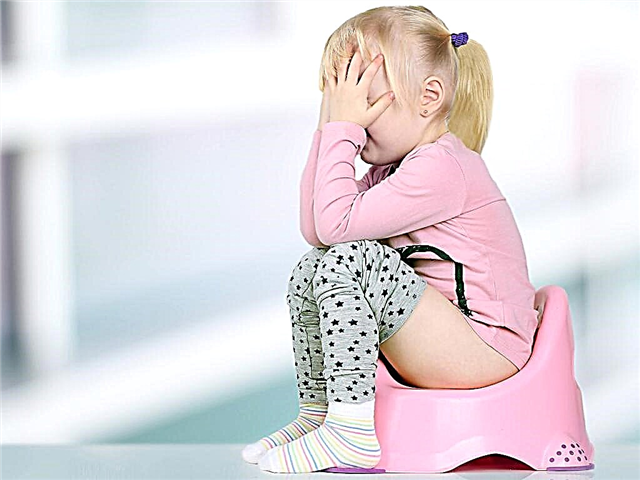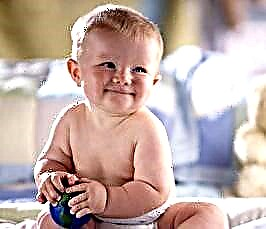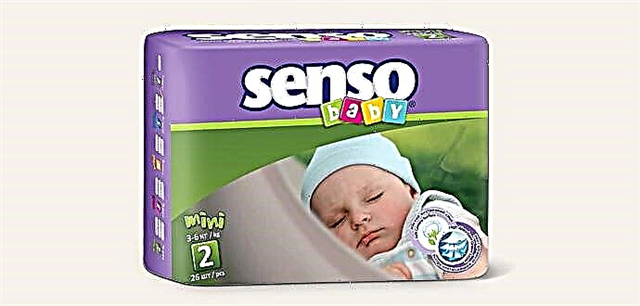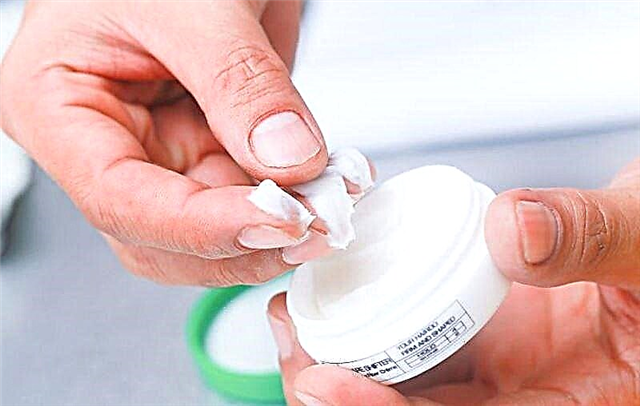Some children may have a urinary disorder that is not associated with cystitis. This is pollakiuria. There are many reasons for its development. Sometimes problems with urination begin due to psychological pressure, in other cases - due to an abnormal structure of the urinary system.

Frequent urination is not always a difficult pathology.
What is the norm for children under one year old
Frequent urination in a child is a common problem in urology. There are situations when the baby constantly asks for the toilet, but does not feel discomfort. In some cases, there may be unpleasant symptoms that the baby complains about.
On a note! Sometimes frequent urination can be a physiological phenomenon, and no pathology will be detected.
Conditional urination rates in children
| Child's age | Frequency of urination per day, times |
|---|---|
| Babies up to a year | 15-25 |
| From 1 to 3 years old | to 10 |
| From 3 to 6 years old | 6-9 |
| Over 7 years old | 5-8 |
These values are conditional, since the daily urination rate depends on many factors: the amount of fluid consumed, as well as the psychological state of the child.

At different ages, the rate of urination varies.
Causes of frequent urination with and without pain
Frequent urination in a boy or girl without pain can be caused exclusively by physiological factors, these are:
- psychological trauma and stressful situations;
- drinking plenty of fluids throughout the day;
- the use of drugs that have a diuretic effect;
- drinking carbonated drinks;
- constriction of blood vessels as a result of a cold snap.
Sometimes a similar phenomenon provokes more serious problems, for example, an abnormal structure of the urinary organs or complex infectious diseases.
Pathology of the urinary organs
Overactive bladder is normal for children 4-5 years old. Their frequency of emptying is speeded up, due to any stimulus. Later, the baby begins to write less often.
On a note! The presence of overactive bladder in infants is normal and should not be intimidating to parents.
Sometimes, frequent urination is a signal that serious problems are developing.
Pathologies of the kidneys, bladder and urethra
The development of the inflammatory process can increase the urge to urinate. A similar condition is characterized by additional symptoms:
- when urinating, the lower abdomen hurts;
- painful sensations in the lower back and abdomen;
- enuresis (urinary incontinence);
- an increase in sugar that provokes thirst;
- discoloration of urine.
The development of urethritis can provoke frequent urination. If, due to improper hygiene, bacteria and infections enter the organs, inflammation of the mucous membranes begins.

In inflammatory processes, urination is often accompanied by pain.
Additional symptoms of urethritis:
- frequent and sudden urge to urinate;
- slight urine leakage;
- pain at the beginning of the process.
The disease can be determined by urine analysis and smear.
Children often have infectious cystitis. Pathogenic microorganisms enter the urinary system, which provokes inflammation. In addition to the painful and frequent urge to pee, a rise in temperature appears.
Central nervous system pathology
Certain neurological disorders also provoke frequent urination in children. In such cases, there are no additional unpleasant symptoms, as well as deviations from the norms in the analysis of urine and blood.
Overactive bladder is caused by many pathologies of the central nervous system:
- cystalgia;
- multiple sclerosis;
- Cerebral palsy;
- Alzheimer's disease;
- brain and spinal cord injuries;
- Parkinson's syndrome.
In the child, the peripheral and sacral nerves are damaged, which leads to insufficient opening of the organ neck. The urine does not go away completely, which provokes a repeated urge soon.
Endocrine system pathology
With frequent and profuse urination, children may have problems with the endocrine system. For example, this is observed in diseases such as diabetes mellitus and diabetes insipidus. The manifestation of the disease is characterized by a strong appetite, the consumption of large amounts of fluid, impaired absorption of glucose, the appearance of its excess in the blood.
Additionally, the following symptoms may be observed:
- redness and dryness of the mucous membranes, tongue;
- the appearance of a rash on the skin;
- sometimes scabies;
- dermatitis;
- stomatitis.
A fasting blood test will help identify the disease.
On a note! Diabetes insipidus occurs in children more often than diabetes mellitus. Both diseases have the same symptoms.
The reason for the development of diabetes insipidus is insufficient production of vasopressin. This hormone is responsible for returning water to the blood. If it is not enough, then the undiluted fluid is retained in the body and excreted in the urine.
Psychological problems and neuroses
An often diagnosed cause of frequent urination is psychological problems. Organ hyperactivity can be caused by:
- stress;
- VSD;
- neuroses.
Additionally, such diseases are accompanied by mood swings in the child, unexplained aggression, anxiety. The kid does not make contact well. Emotional situations stimulate nerve endings that transmit frequent signals to the bladder.
On a note! In a girl or boy, a stressful situation in school or kindergarten can provoke a frequent urge to urinate. Parents need to understand the cause of the fear in order to get rid of the disease that has appeared.
Diagnostics of the pollakiuria
The urologist deals with the diagnosis and treatment of the urinary tract. When accepting the baby, he will interview the parents, examine the child's complaints. After the initial examination, the doctor can make a preliminary diagnosis and additionally prescribe instrumental and laboratory tests that will help pinpoint the problem.
The main diagnostic methods:
- general and biochemical blood tests;
- urine tests (to determine the daily volume, chemical composition, identify signs of infection);
- Ultrasound of the kidneys and bladder.
During the examination, the doctor will initially rule out or confirm diabetes and other hormonal diseases. If necessary, an additional consultation of a neurologist and endocrinologist can be prescribed.
Complications and consequences
If you do not respond to problems with urination in children, then in the future you can meet with various pathologies that can significantly worsen the level and comfort of life.

If left untreated, a temporary condition can turn into a chronic condition.
Possible complications:
- violation of the standard of living;
- tissue neurosis due to purulent kidney damage;
- enuresis, anuria;
- trauma of the urinary tract;
- chronic polynephritis and cystitis;
- infectious lesions of the urinary system.
Careful attention to the child will help prevent possible problems.
What to do with frequent urination
When a baby has a problem, you must first find out why the child often goes to the toilet. If frequent urination is caused by physiological reasons, then you can cope on your own, eliminating the factors that cause an unpleasant situation. If the child's condition is the result of infections and diseases, then strict adherence to all recommendations prescribed by the doctor will be required.
How to recognize a disease
Parents cannot independently determine the cause of the problem. The first thing to do is observe the child's behavior. If he drinks too much liquid, then the volume should be reduced.
In any case, a doctor's consultation is necessary, who will tell you the sequence of actions and determine the necessary tests. Once the diagnosis has been established, treatment will be prescribed, which may include medication, physiotherapy, special diet and exercise therapy.

An infant will only talk about his problems with crying and anxiety.
Which doctor to contact
If you have problems or suspect them, first of all, you should contact your local pediatrician. He will perform an initial examination, order general tests, and establish an initial diagnosis. For further examination and treatment, the child can be referred to specialized specialists:
- endocrinologist;
- nephrologist;
- psychiatrist;
- urologist;
- neurologist;
- oncologist.
To prescribe the correct and effective treatment, it is very important to establish an accurate diagnosis.
Komarovsky's opinion
Dr. Komarovsky believes that if a child often goes to the toilet at a small age from 4 to 6 years old, this is not always a deviation from the norm, it is not always worth looking for and treating an ailment. In most cases, this behavior is triggered by heavy drinking. If you do not focus on such a problem, it will go away in children by itself.
A general urine test and a visit to the urologist will help to identify the pathology.
Disease prevention
Frequent urge in a child to urinate can be prevented if from the first days of life you follow the rules of personal hygiene, organize the baby a correct balanced diet, do not overcool the baby.

The best prevention is personal hygiene and proper nutrition.
From early childhood, if possible, teach the child to go to the toilet at the same time. Babies should have their diaper checked every half hour. Often it is prolonged urinary retention that can lead to the development of various infections. For prevention purposes, it is important to visit a pediatrician for regular check-ups.



